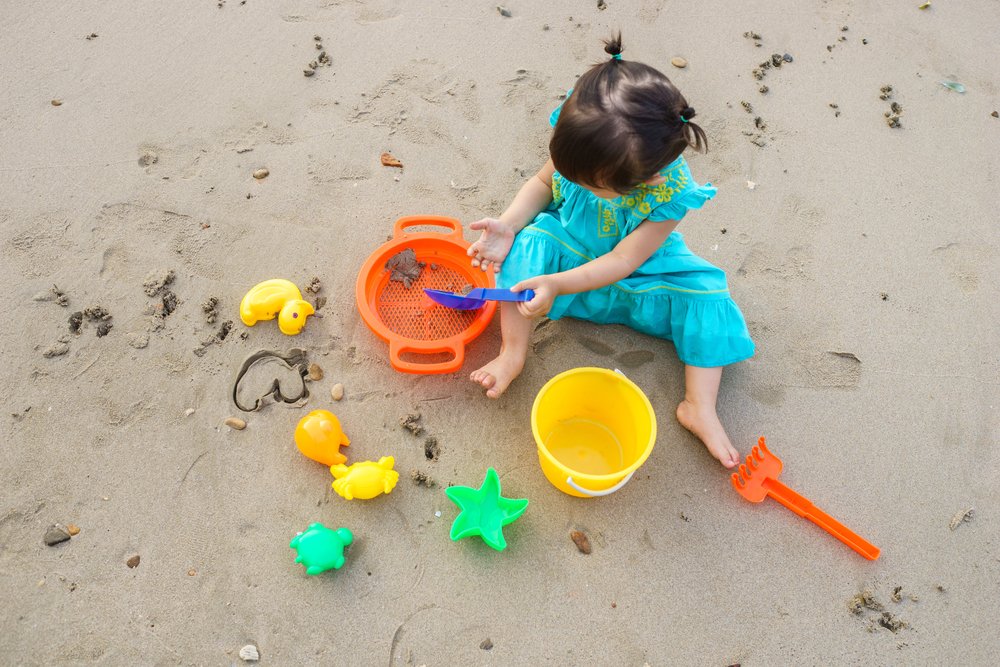
How can I support my child’s development of finger dexterity?
Key Points: Around 3 years old, children develop finger dexterity, allowing them to perform tasks like turning book pages, engaging in arts and…
Discover the key milestones of physical, cognitive, linguistic and socio-affective child development and understand the science behind child development.
Discover the key milestones of physical, cognitive, linguistic and socio-affective child development and understand the science behind child development.

Key Points: Around 3 years old, children develop finger dexterity, allowing them to perform tasks like turning book pages, engaging in arts and…
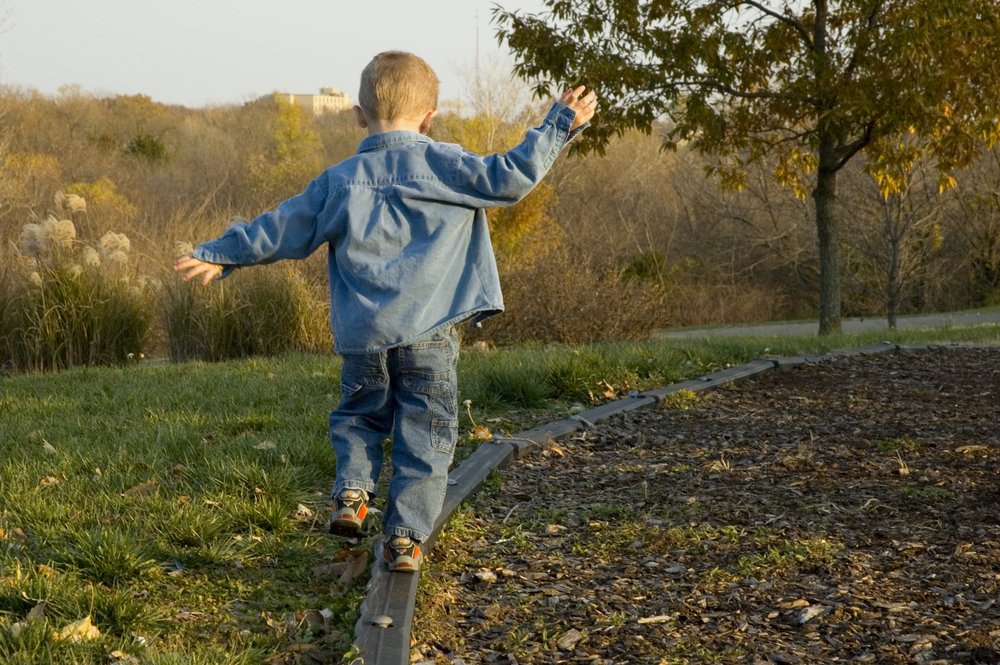
Key Points: Balance involves maintaining controlled body positions during static and dynamic activities, requiring the integration of the vestibular, visual, and proprioceptive systems….
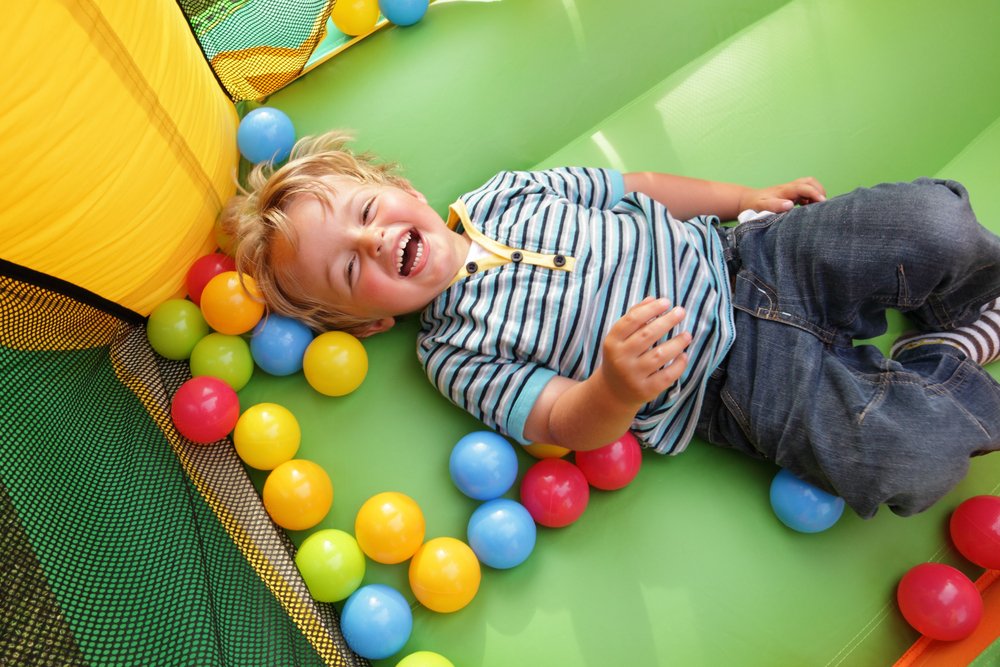
Key points: Children aged 2 to 5 spend most of their day doing sedentary activities and only engage in moderate or vigorous physical…

Key Points: 1. Create opportunities for interaction with your child by placing desired items out of their reach, encouraging identification of everyday objects,…

Key points: Developmental skills in early childhood are interdependent, connected, and intertwined. Independent walking is an important milestone for the social behavior of…
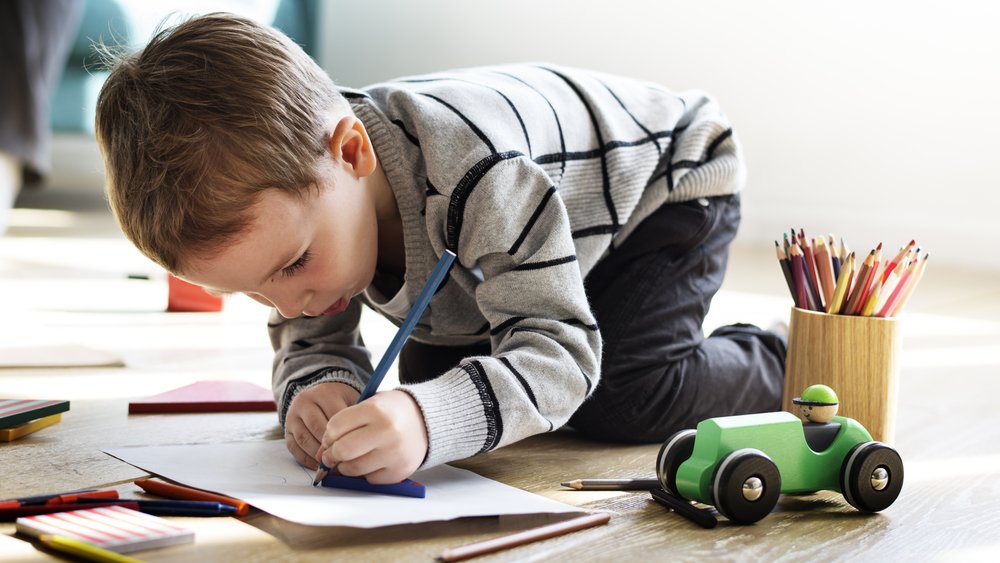
Key points: Writing readiness involves the development of pre-writing skills in children, which relate to gross and fine motor skills. Skills necessary for…
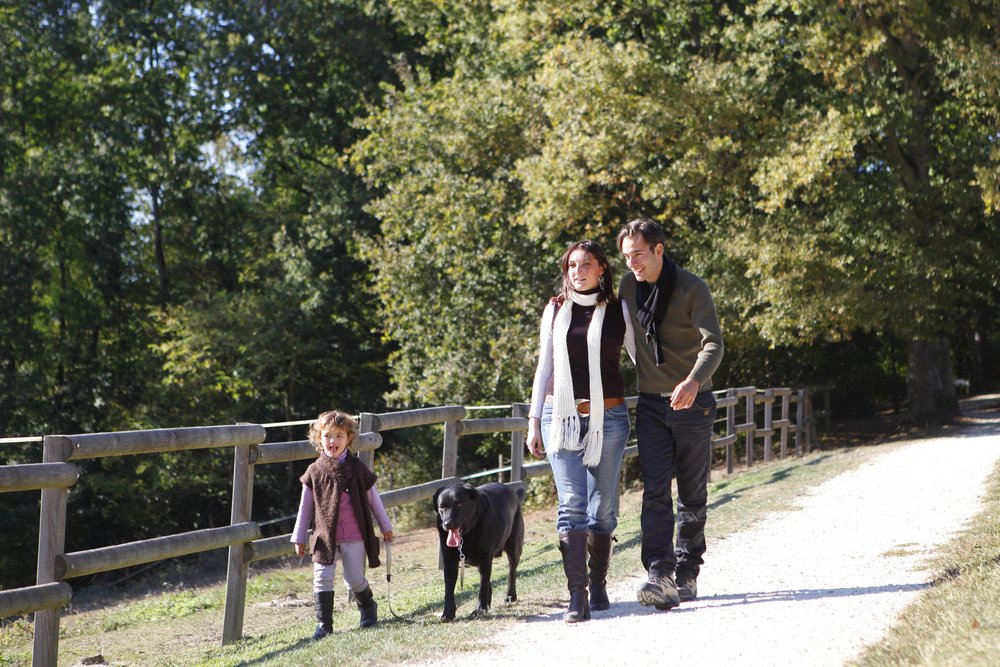
Key points: Many children under 5 years old fail to meet the minimum physical activity guidelines, and research suggests they should engage in…

Key points: It is normal for children to have imaginary friends, and this type of pretend play is healthy and common. Imaginary friends…
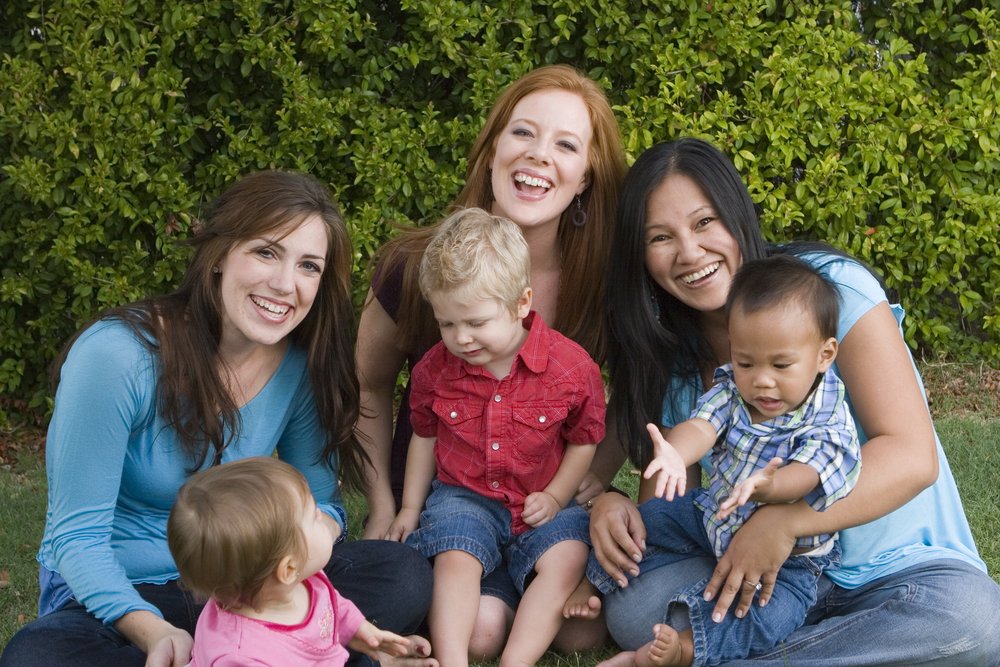
Key points: Playdates provide important opportunities for children to practice and develop social and emotional skills alongside their peers. To make playdates successful,…

Key points: Giving children a small fixed allowance and allowing them to self-manage it can influence spending behavior and help them develop sophisticated…

Key points: Toddlers and pre-kindergarten children often inadvertently behave in ways that are not kind to animals, but early education about kindness to…
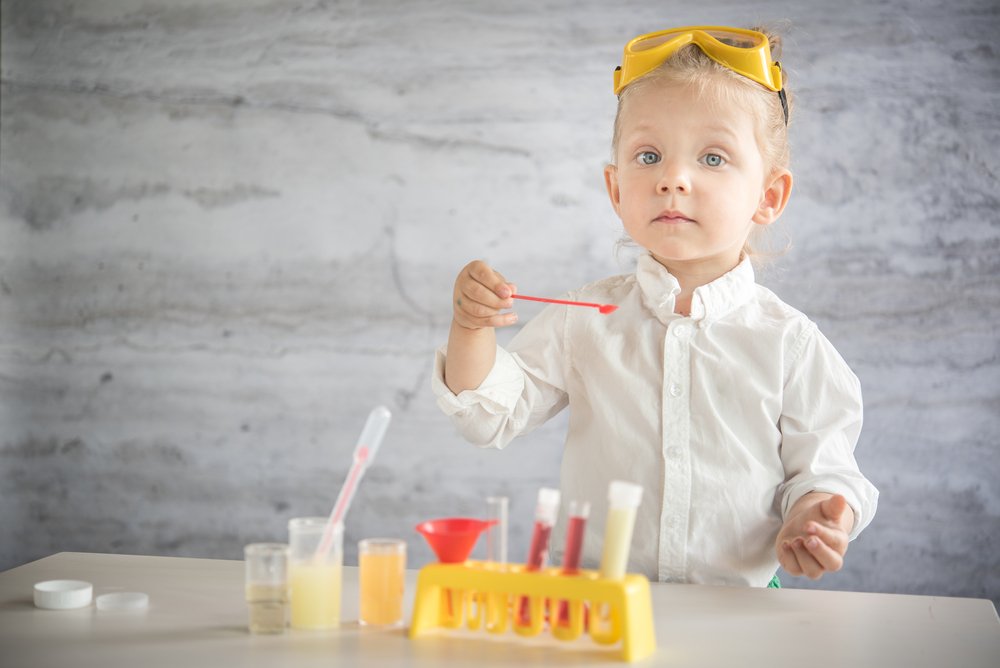
Key points: Young children have a natural inclination towards discovery and exploration, and parents can foster this by providing easy and fun activities….
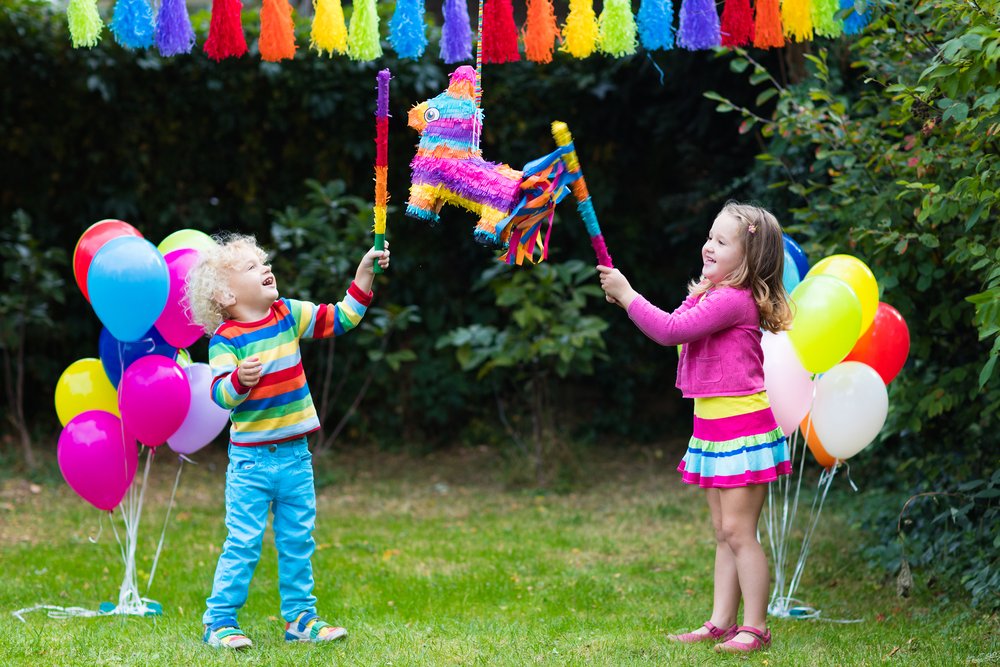
Key points: Celebrating a toddler’s birthday should be simple and fun, with minimal fuss. Guest lists should consist mostly of well-known and liked…

Key points: Eating out with a young child can be challenging due to the unfamiliar environment and sounds of busy restaurants. Planning ahead…
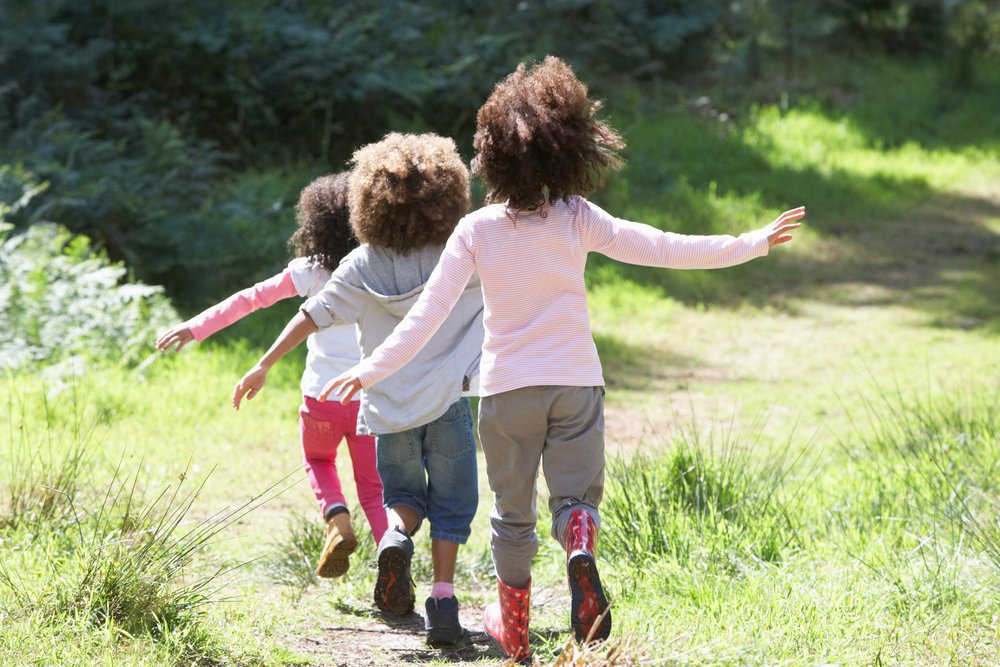
Key points: Physical activity is crucial during childhood as it optimizes bone strength during growth and has immediate benefits for children’s development. Bones…

Key points: Sensory-motor games enhance physical skills, while games with rules model orderly thought and morality. Physical activity improves cognition, attention, and cognitive…
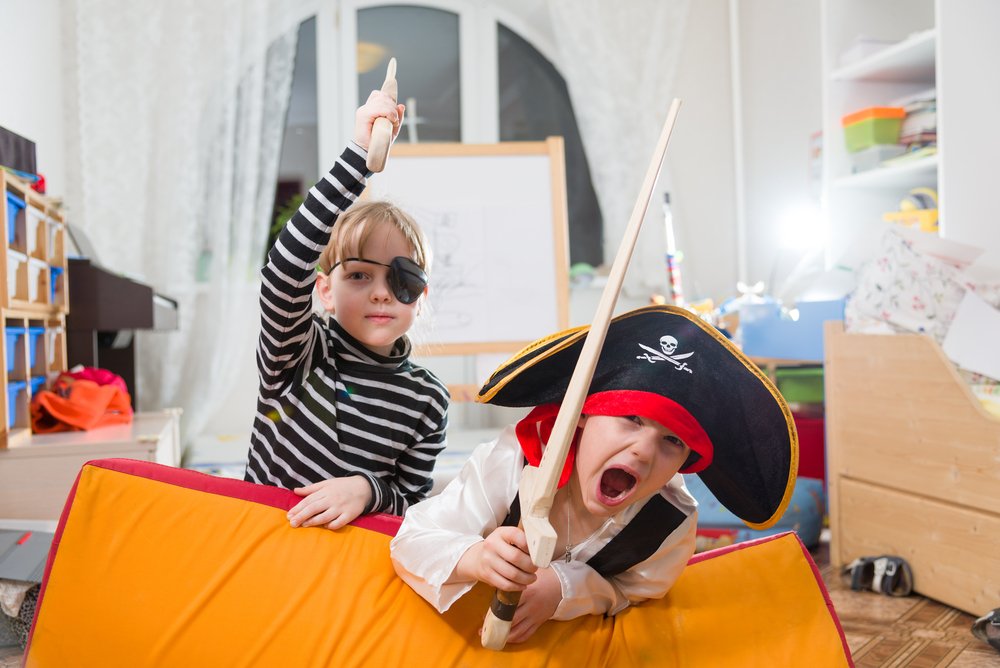
Key points: Pretend play fosters creativity and understanding of the adult world. Enhances empathy and perspective-taking. Aids in narrative thinking and emotional expression….

Key points: Imaginative play helps children understand symbols and distinguish them from real-world objects. High-quality pretend play enhances abstract thinking and perspective-taking in…

Key Points: 1. Self-control and self-regulation are essential skills that children develop from birth and throughout their lives. These skills are critical for…
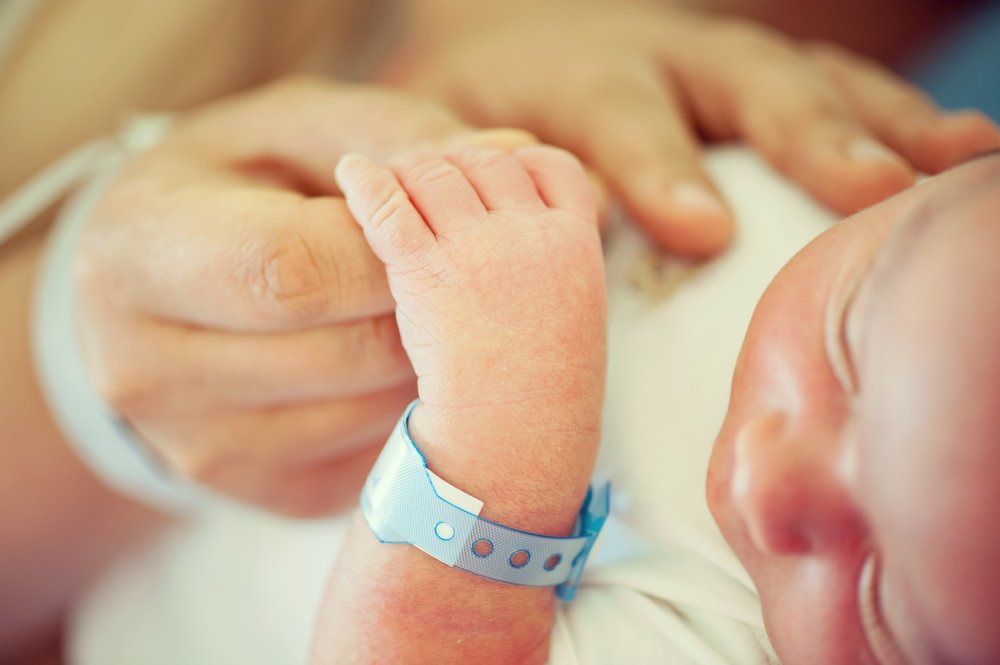
Key Points: Newborn reflexes are innate survival mechanisms that protect infants from harm and indicate the proper functioning of the brain and nervous…

Key points: 1. Singing to infants, like lullabies and nursery rhymes, is a vital part of language development, preparing them for language acquisition…